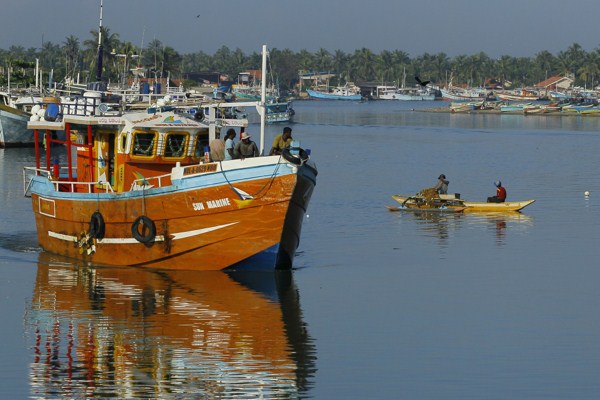Environmental crime, despite being a more than $200 billion black market industry, has long been viewed as a tree hugger issue. However, an increasing body of evidence suggests that protecting our oceans, forests and wildlife is not only a matter of conservation, but one of global development and even national security. As a result, governments are finally taking more decisive action.
Consider the issue of illegal, unreported and unregulated (IUU) fishing. Since the 1960s, fish consumption has risen from an annual average of 22 pounds per person to nearly double that today. With the world’s middle class projected to reach 4.9 billion by 2030, global demand for fish, already at record highs, is set to keep rising. Already, 90 percent of fisheries are overfished or fully exploited, setting demand to far outstrip supply. As supply contracts and prices rise, lucrative profits are encouraging a surge in IUU fishing. In this light, some scientists have predicted complete fisheries collapse as early as 2048.
However, the $10 billion to $23 billion annual black market in fishing threatens much more than conservation efforts. Depleting the world’s oceans of fish is a serious development challenge as well. Developing countries account for 80 percent of fisheries production globally, with exports valued at $30 billion. Fish is the highest export commodity from developing nations and surpasses the next highest, coffee, by over 200 percent.

